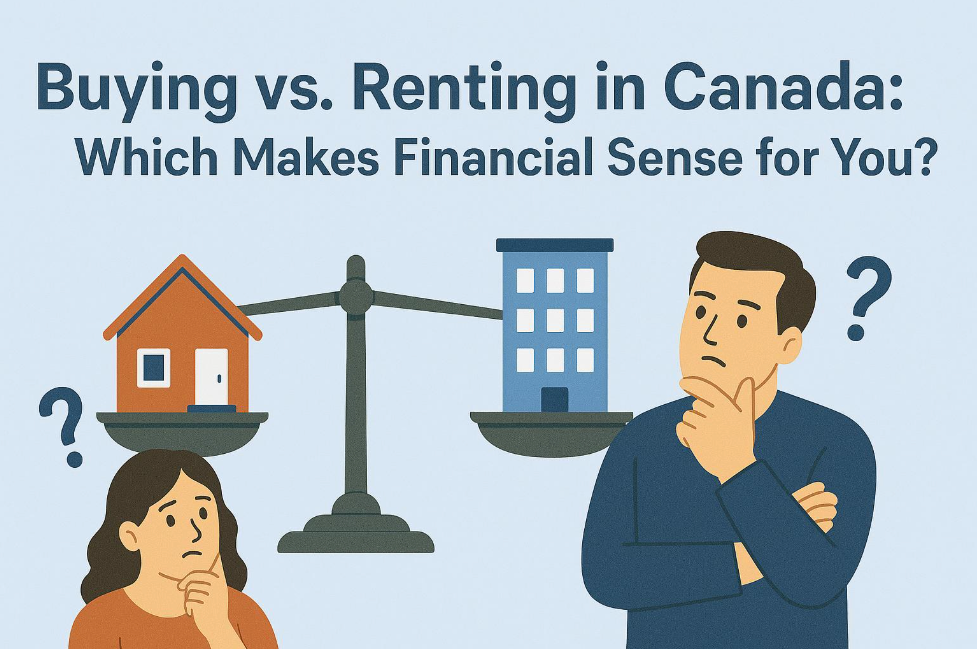Dec. 15, 2024 New Rules for Insured Mortgages
On September 24, 2024, the federal government announced expanded parameters for lenders and mortgage default insurers to begin offering insured mortgages as of December 15, 2024.
The expanded parameters include:
- expanding the eligibility for 30-year amortizations and
- increasing the $1 million purchase cap to $1.5 million.
Eligibility for 30-year amortizations for insured mortgages
To qualify for the 30-year amortization:
- the loan to value must be 80% or higher; and
- the borrower must be a first-time homebuyer OR purchaser of a new build.
- There is a premium of 0.20% on the 30-year amortization

The change will give qualifying borrowers the option to take out a 30-year amortization period, rather than cap it at the existing maximum of 25.
- Currently, anyone who pays less than 20% down on their home purchase (also referred to as a high-ratio, insured borrower) is limited to a 25-year amortization, a rule that’s been in place as of 2012.
To be considered a first-time homebuyer, a borrower must meet one of the following criteria:
- The borrower has never purchased a home before.
- In the last four years, the borrower has not occupied a home as a principal place of residence that either they themselves or their current spouse or common-law partner owned.
- The borrower recently experienced the breakdown of a marriage or common-law partnership.
- On this point, the regulations will follow the approach that the Canada Revenue Agency has taken with respect to the Home Buyers Plan (HBP).
To be considered a newly constructed home, the new home must not have been previously occupied for residential purposes.
- This requirement is not intended to exclude newly constructed condominiums where there has been an interim occupancy period.
Price cap for insured mortgage increased to $1.5 million (from $1 million)
To qualify for the increased $1.5 million cap price:
- the loan to value must be 80% or higher;
- the value of the eligible residential property against which the loan is secured must be less than $1.5 million; and
- the downpayment must be:
- 5% on the portion of a purchase price up to $500,000, and
- PLUS 10% on the portion of a purchase price between $500,000 and $1.5 million.
Additional Qualifications
To qualify for either measure:
- the mortgage insurance application must be submitted to mortgage insurers on or after December 15, 2024
- the subject property must be occupied by the borrower or a close relative; and existing eligibility criteria for government-guaranteed mortgage insurance must be satisfied.
- All other eligibility criteria for government-guaranteed mortgage insurance will continue to apply.

Are you considering at buying a home?
As you can tell there is lots to discuss, let’s have a chat and find a mortgage that works for you and not the bank.
Kelly Hudson
Mortgage Expert
Mortgage Architects – A Better Way
Mobile: 604-312-5009
Kelly@KellyHudsonMortgages.com
www.KellyHudsonMortgages.com



Let's do this together.
Sign up to our newsletter
Thank you for contacting me.
I will get back to you as soon as possible
Please try again later
All Rights Reserved | Mortgage Architects



